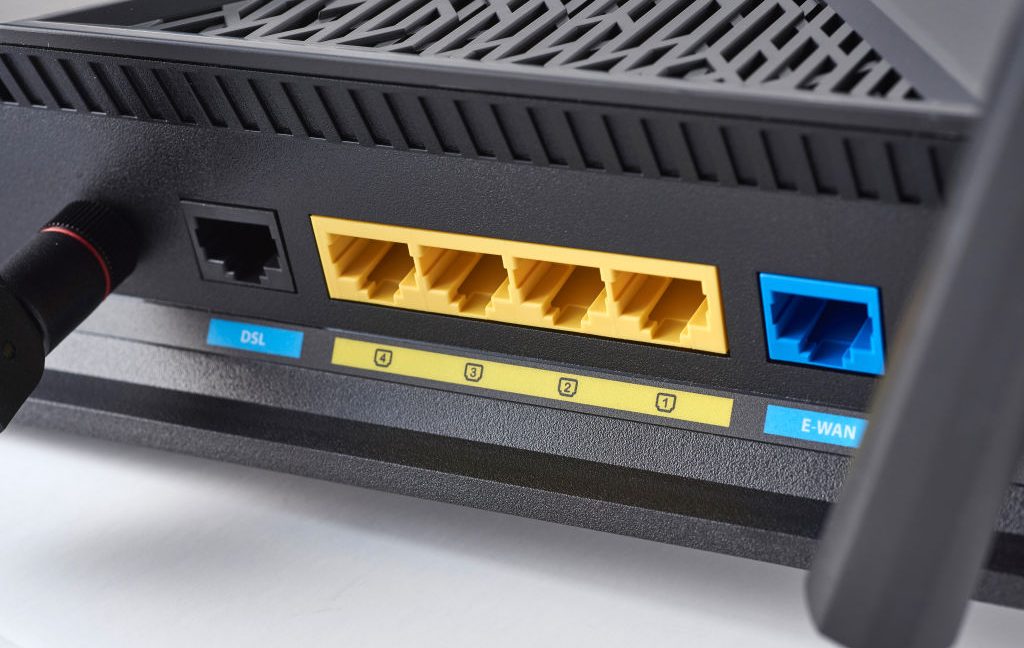L&LD
Part of the Furniture
Welcome to the forums @zizzyzizzy.
It doesn't help to come in and the first thing you do is criticize.
Stay focused.
What router are you talking about? What firmware version? When was the last time you did a full reset to factory defaults and then minimally and manually configure the router to connect to your ISP and secure it? Without using any saved backup config file, nor re-inserting any previously used USB drive that was used for amtm (or other) scripts?
Keep in mind that some settings are 'sticky'. And just toggling them on/off is not the same as leaving them off in the first place. That is why a full reset is needed sometimes; to quickly get back to a good/known state with the least amount of time spent 'troubleshooting' needless internal firmware interactions.
Find your model in the link above and follow the steps to do the Asus recommended method to a full reset to factory defaults and then see if your router is still exhibiting this issue.
Some routers seem extra hard to reset and require multiple times with different methods. If your router continues to exhibit the same behavior after following the above link, it might be helpful to try the suggestions in the link below.

 www.snbforums.com
www.snbforums.com
It doesn't help to come in and the first thing you do is criticize.
Stay focused.
What router are you talking about? What firmware version? When was the last time you did a full reset to factory defaults and then minimally and manually configure the router to connect to your ISP and secure it? Without using any saved backup config file, nor re-inserting any previously used USB drive that was used for amtm (or other) scripts?
Keep in mind that some settings are 'sticky'. And just toggling them on/off is not the same as leaving them off in the first place. That is why a full reset is needed sometimes; to quickly get back to a good/known state with the least amount of time spent 'troubleshooting' needless internal firmware interactions.
Find your model in the link above and follow the steps to do the Asus recommended method to a full reset to factory defaults and then see if your router is still exhibiting this issue.
Some routers seem extra hard to reset and require multiple times with different methods. If your router continues to exhibit the same behavior after following the above link, it might be helpful to try the suggestions in the link below.

Merlin on ASUS ax86U Question
I have an ASUS AX86U and contemplating the installation of Merlin firmware. The DDNS settings on the AX86U are limited to select dns providers. If I install Merlin, will I have more flexability (choices) with the DDNS Settings? Thanks in advance!
 www.snbforums.com
www.snbforums.com





